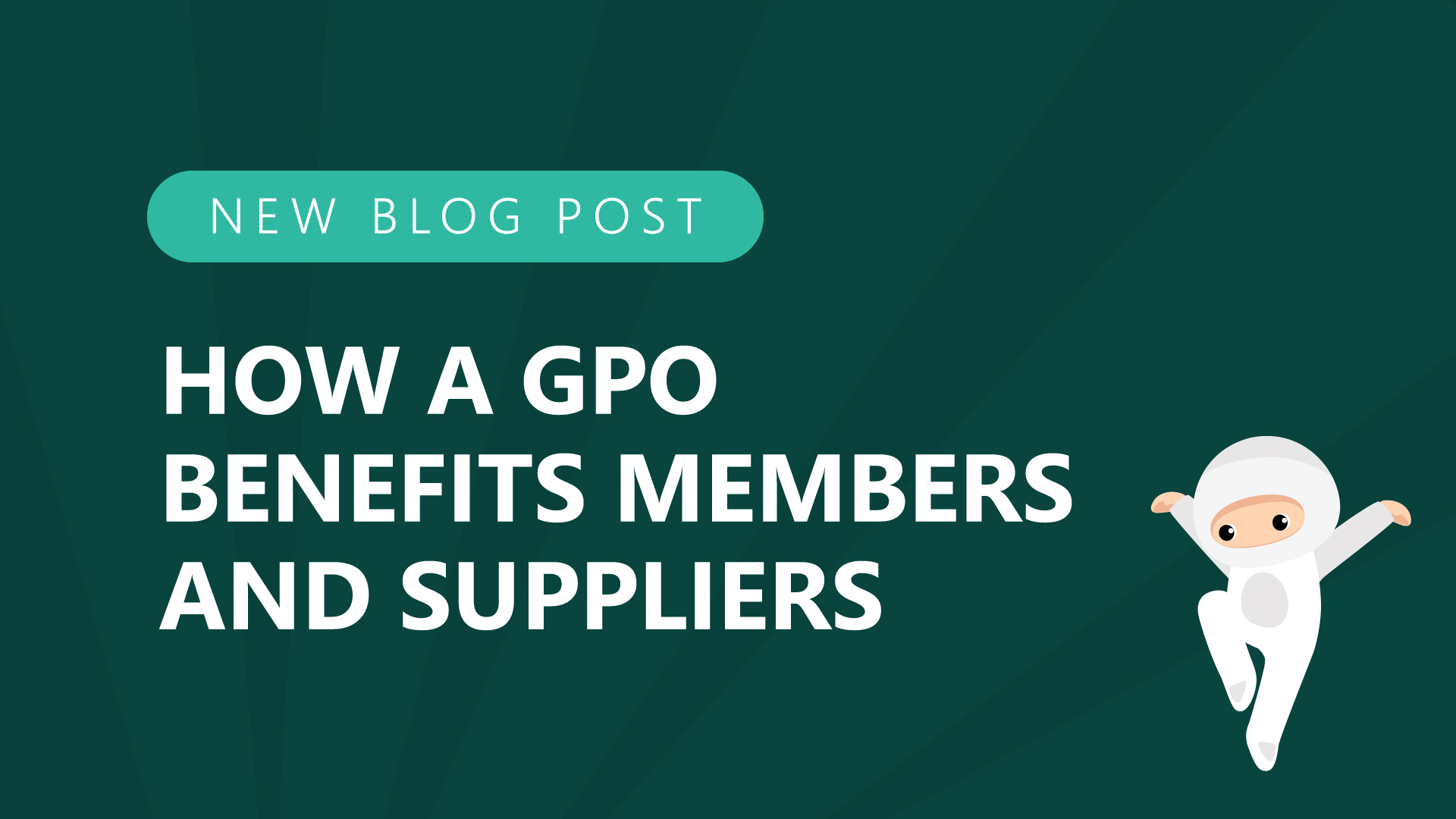A GPO (Group Purchasing Organization)—negotiates contracts with major brands in thousands of different categories. They have already leveraged and negotiated contracts that allow YOU to take advantage of savings and service.
The short version—according to Anthony Clervi—is that they help small or mid-cap businesses buy like the big guys. Most (but not all) GPOs are free to join. You jump on contracts that make sense a-la-carte and work directly with the supplier.
Anthony shares that his GPO, Una, often saves businesses 10–20% from the 2,000+ categories in their portfolio—including products AND some services. Those cost savings can spill over into other areas of your business and make a positive impact.
Per Anthony, “Most of the time we’re guiding…and working with our members, just trying to make sure there’s open transparency about the basics of the contract and the agreement and if there is any autonomy, flexibility, or enhancement that can come, whether it be based on a specific member or what a group of members needs.”
So a GPO clearly benefits its members through cost-savings and pre-negotiated supplier relationships. But how does Una benefit their supplier-partners? Their goal is to benefit both their members and supplier-partners—so how do they accomplish that?
Una focuses on what their supplier-partners want and need
Una—as a brand, as a company, from a value-based approach—places high importance on their partners, sometimes more than their members. Why? Because they need that resiliency, they need that trust, and they need that relationship. If you can work with your partners and have a successful track record with them, you start to get treated differently. Suppliers understand that Una goes to bat differently and they treat them well. How you treat your suppliers is key to your success. People want to do business with people that they like.
Anthony shares that the #1 thing they aim to figure out is what the supplier wants and what markets they’re looking to target by asking questions like:
“What markets do you want to serve? What’s an area we should stay away from? What does success look like for you? How do we help—rather than being horizontal—become more vertically focused after target markets that make sense for you?”
Anthony points out that they have “X, Y, Z” committed volume that they can bring into the conversation. Procurement often gets stuck in the mindset of “this is what I want.” Instead, Anthony points out that you need to lead with volume, dollars, and transparency. If you shift from “This is what Una wants” to “This is what our members want.” you begin to open up conversations. It shifts the relationship from short-term thinking to a long-term partnership.
How else do they foster the relationship with suppliers?
Instead of working directly with sales reps, Una will work to escalate their conversations to the higher-ups where money, spend, and volume talks. They foster the relationship with their suppliers by agreeing to commitment upfront. They factor inflation into their deals and make the negotiation a proportionate back-and-forth.
But the landscape is changing. Anthony notes that you can bring other parties into the conversation to bring more value. Oftentimes, bringing another party in can change the conversation for the better.
Their end-goal is to facilitate healthy tension between various supplier partners and the end-user/members. Anthony points out that if they can help their supplier-partners and end-users win, then Una is playing the right role as a facilitator.
Anthony is a big believer in transparency and the power of relationships. That’s why he strives to build strong relationships between his GPO, their suppliers, and their members. Anthony speaks in-depth about the value GPOs can offer and what procurement needs to take advantage of in episode 147 of the Negotiations Ninja podcast. For more helpful information, give it a listen!

